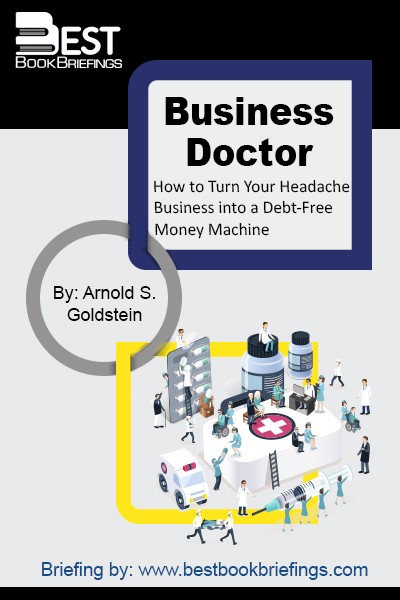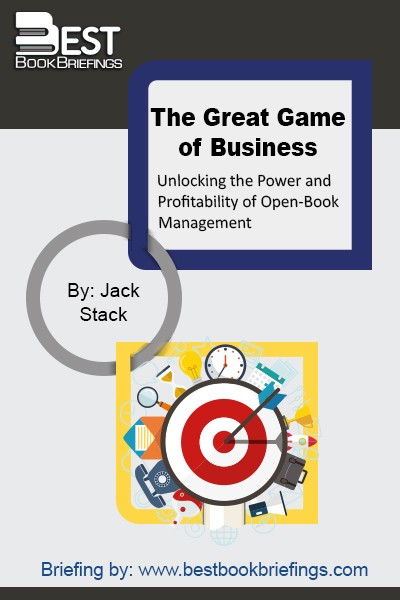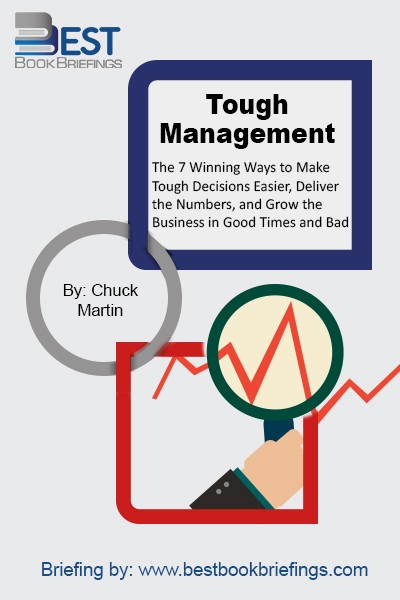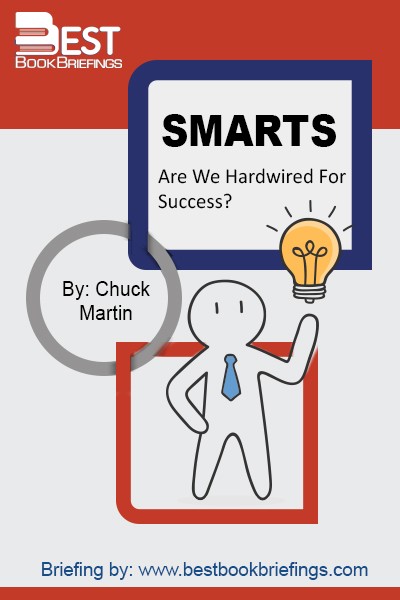Tough Management
The 7 Winning Ways to Make Tough Decisions Easier, Deliver the Numbers, and Grow the Business in Good Times and Bad
Editorial Review
To say that work has changed over the last years would be an understatement. With an increase in downsizing, cut budgets, working hours, customer demands and shareholder requirements, people in charge are constantly under the gun to achieve more with less. It is common now to find managers carrying out a 10 - 12 hour workday. With more workloads and less time, managers and executives must find a practical, doable way to achieve their results, which is tough management. The concept of tough management was derived on the basis of carried out surveys on thousands of senior executives and managers. The surveys reveal results on what the majority of executives and managers agree and disagree on. Tough management is a way to approach work. It is a practical and organized way to get to decisions more easily, make the numbers on a consistent basis, have those around you understand where you stand, and increase the business.
Books on Related Topics

Management guru Peter Drucker widely regarded as the father of modern management. During his remarkable life and career, he inspired countless business and political leaders. Drucker's key business tents include: Serve the customer: The purpose of a business is to create and serve a customer. Act, don't just talk: Management takes hard work,

For more than twenty years, management expert Bruce Tulgan has been asking, What are the most difficult challenges you face when it comes to managing people? Regardless of industry or job title, managers cite the same core issues 27 recurring challenges: the superstar whom the manager is afraid of losing, the

Based on the author's real world experience during the course of her career in supply management, and engineering as a project management professional, this unique guide demonstrates a practical and proven approach to using project management strategies, tools and techniques to consistently create successful procurements that go beyond cost savings. Procurement

A half century ago, Peter Drucker put management on the map. Leadership has since pushed it off the map. We are now inundated with stories about the grand successes and even grander failures of the great leaders. But we have yet to come to grips with the simple realities of being

This book, loaded with fascinating examples of turnaround successes, is essential for every business owner. From a synopsis of why companies fail, to ways to resolve creditor problems, its strategies should be read by anyone with a faltering business.

The Great Game of Business has become the most celebrated approach to Open-book Management, a unique and well-proven approach to running a company, based on a simple, yet powerful, belief; “When employees think, act and feel like owners… everybody wins.” In its simplest form, The Great Game of Business is a





